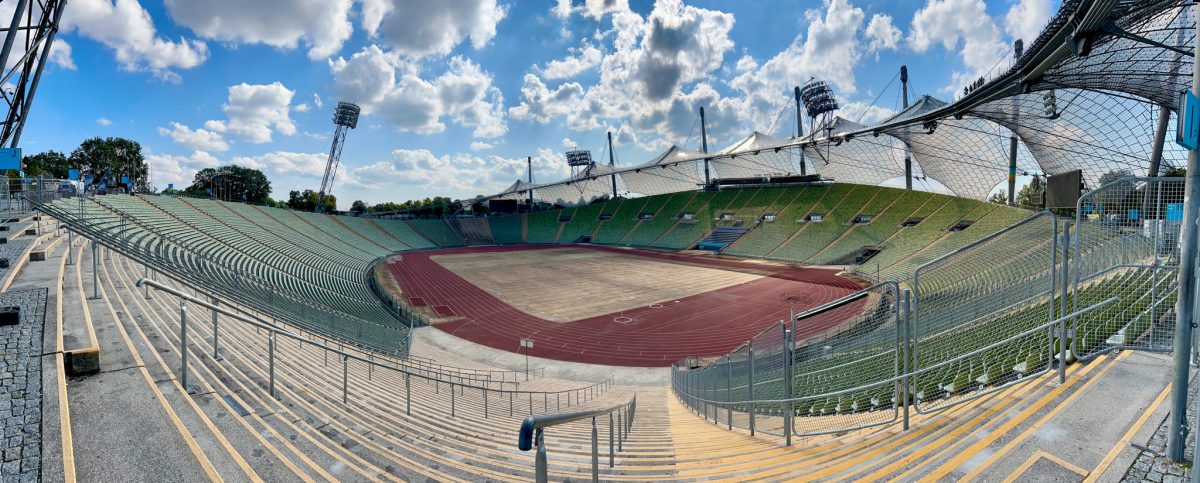Munich, the capital of Bavaria in southern Germany, is a city that beautifully marries tradition and modernity. With its rich history, vibrant culture, and stunning architecture, Munich attracts millions of visitors each year. Whether you’re drawn by the allure of its beer gardens or the majesty of its historic sites, there’s something for everyone in this enchanting city.
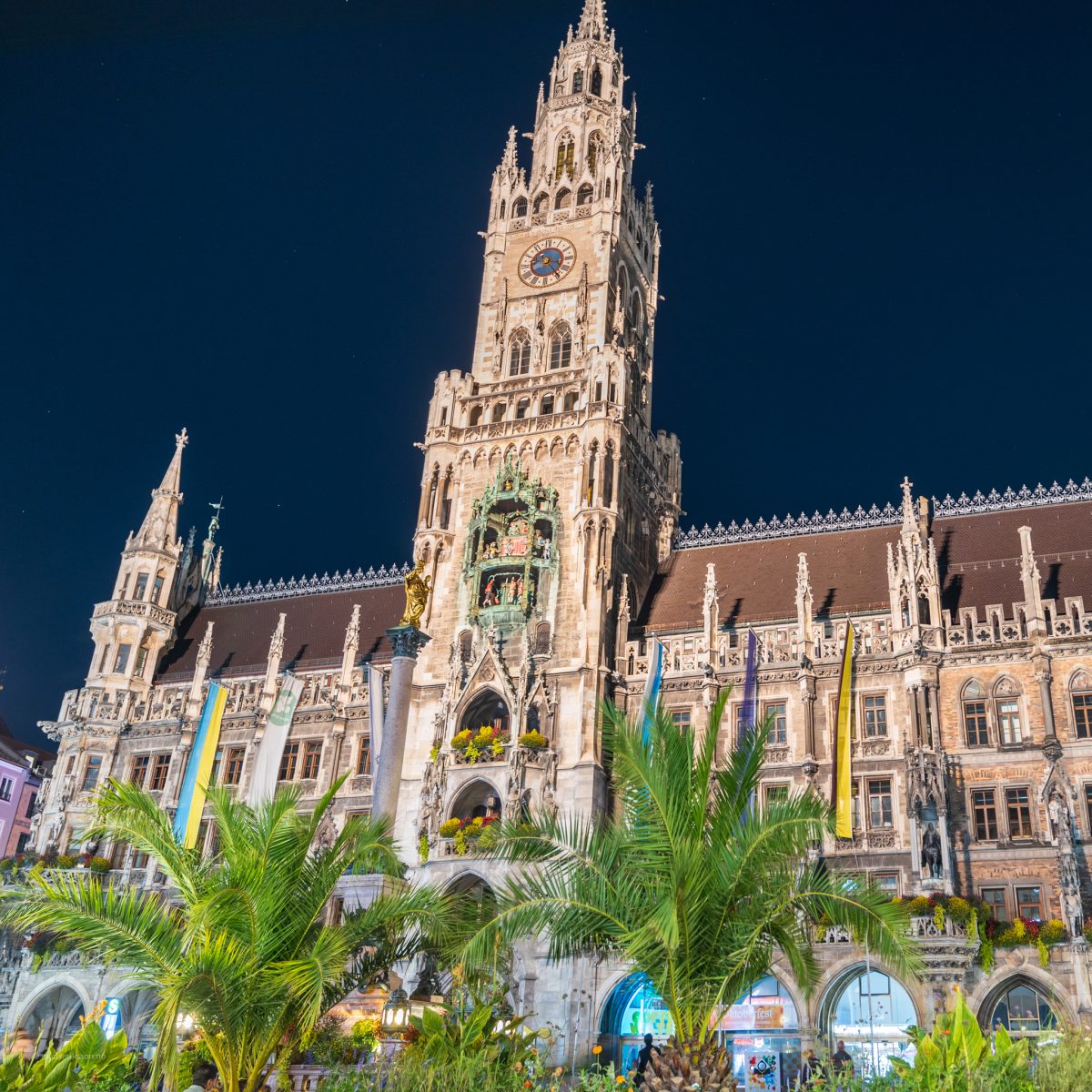
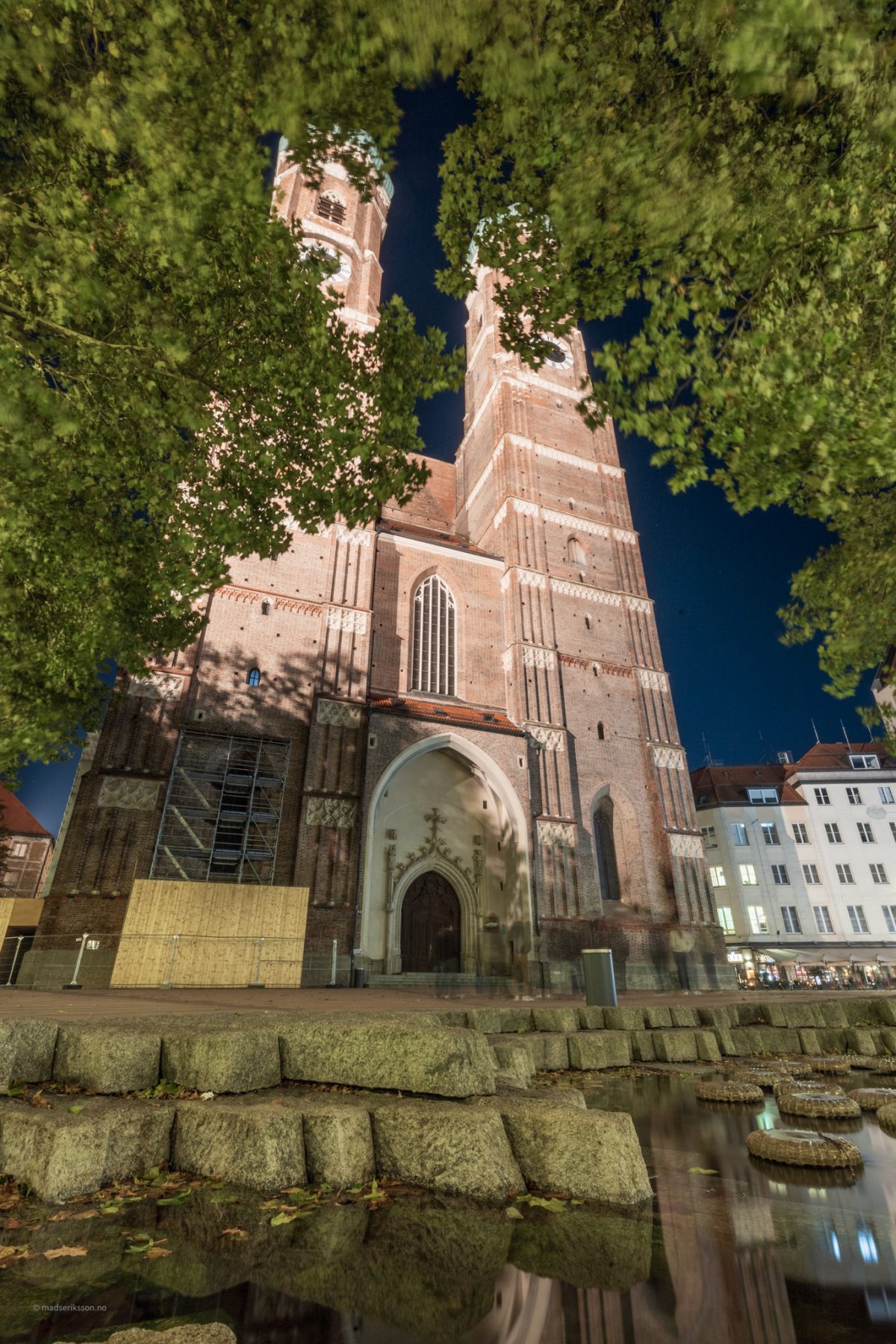
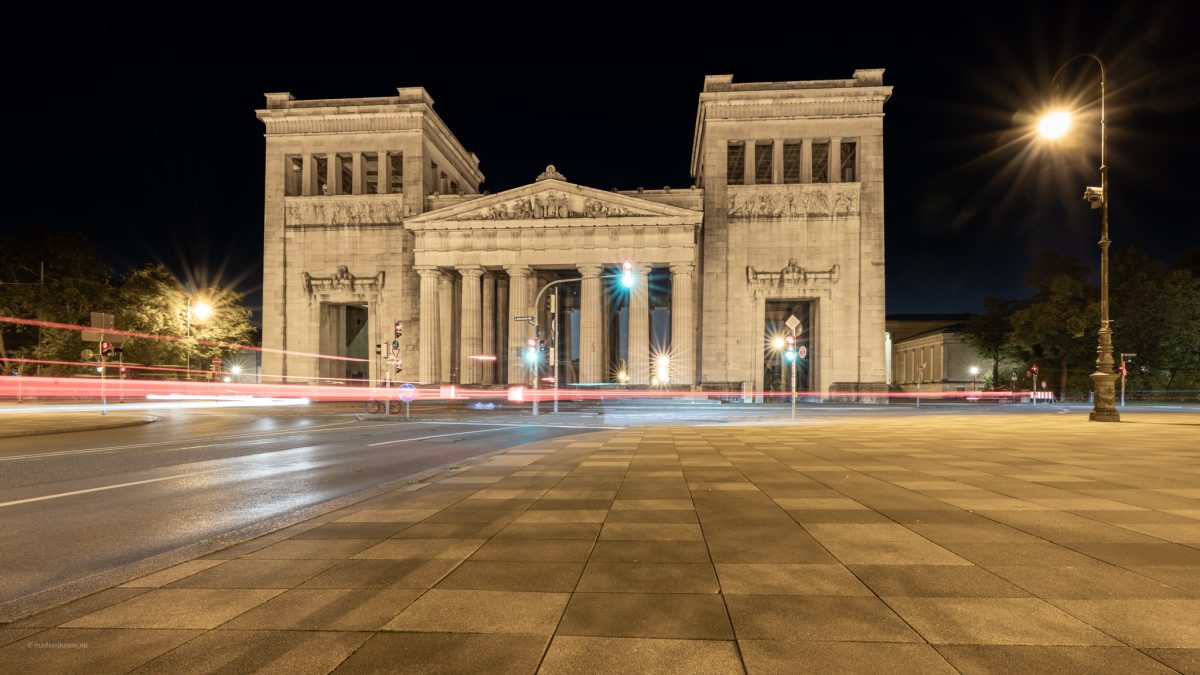
A Brief Historical Overview
Founded in 1158, Munich has evolved from a small monastic settlement into one of Europe’s most significant cultural and economic hubs. Its name derives from the Old High German term “Munichen,” meaning “by the monks’ place,” referring to the Benedictine monks who settled nearby. Over centuries, it has played a crucial role in Bavarian politics and culture.
The city was significantly shaped by various historical events including the Thirty Years’ War and World War II. Despite suffering extensive damage during WWII, many buildings were meticulously restored or reconstructed to preserve their original charm.
Architectural Wonders
Munich boasts an array of architectural styles ranging from Gothic to Baroque to modernist designs. The Marienplatz, with its iconic New Town Hall (Neues Rathaus) featuring an elaborate Glockenspiel that performs daily at 11 AM, serves as the city’s central square and a must-visit landmark.
Another architectural gem is the Frauenkirche (Cathedral of Our Dear Lady), known for its twin onion-domed towers that dominate Munich’s skyline. Visitors can climb up one tower for breathtaking views over the city.
For those interested in contemporary architecture, places like Allianz Arena, home to FC Bayern Munich, showcase cutting-edge design with its striking illuminated façade.
Culture & Arts
Munich is also renowned for its cultural scene. The city’s numerous museums cater to every interest—from classic art at the Alte Pinakothek to contemporary works at Pinakothek der Moderne. Don’t miss out on visiting Deutsches Museum, which is dedicated to science and technology; it’s one of the largest museums of its kind worldwide.
The Bavarian State Opera offers world-class performances throughout the year—an experience not just reserved for opera aficionados but anyone captivated by stunning musical productions set in an opulent venue.
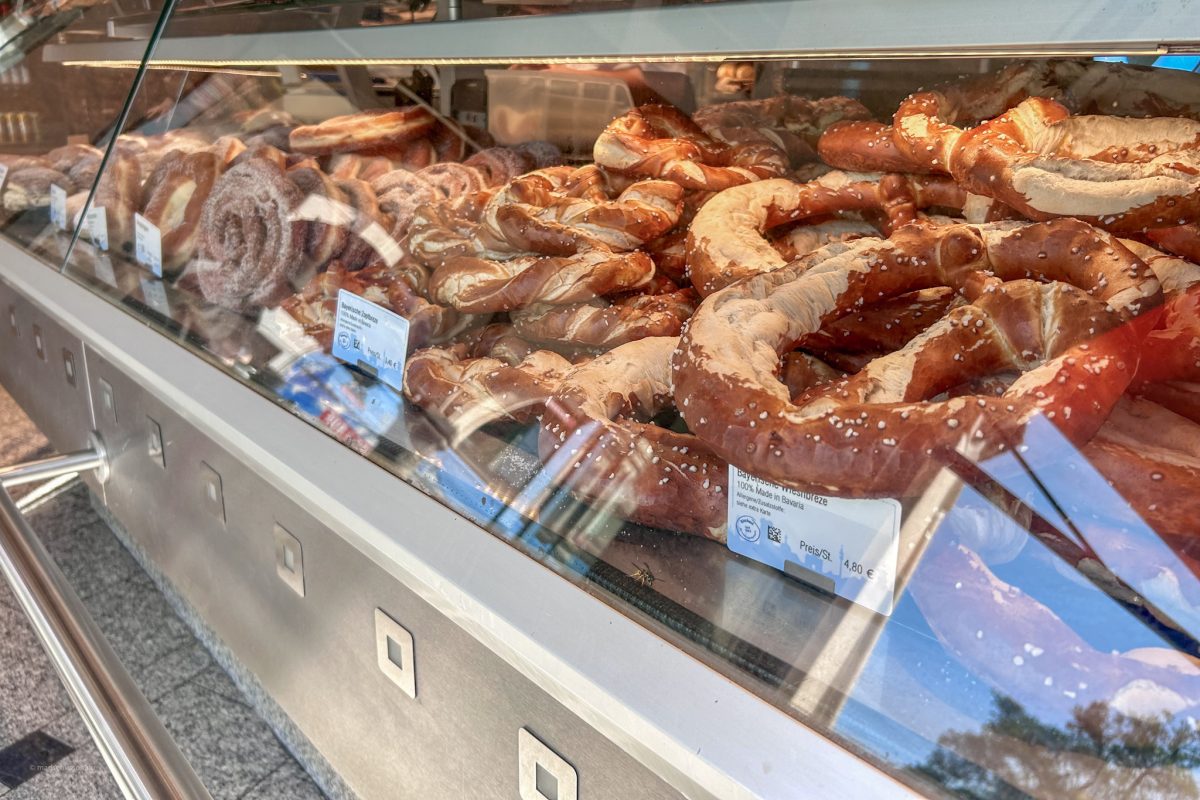
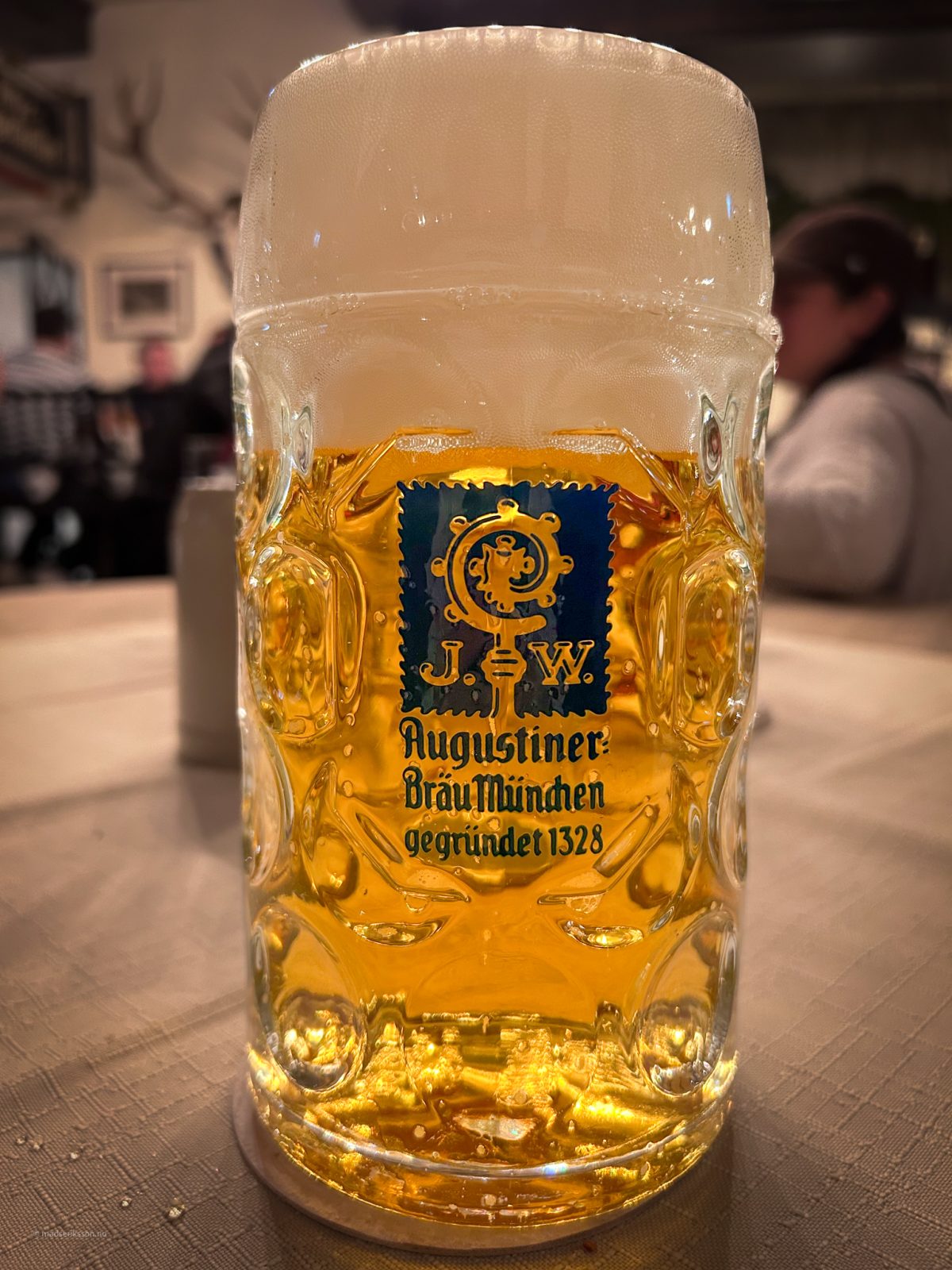

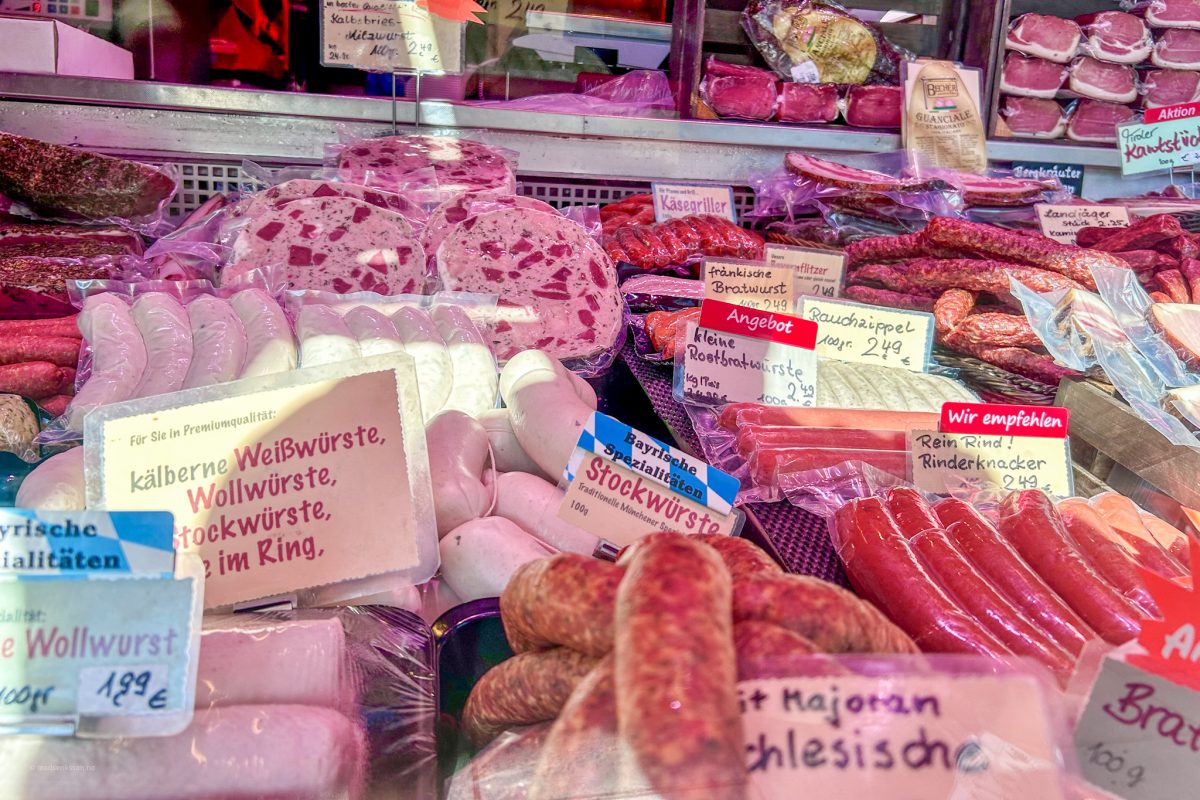
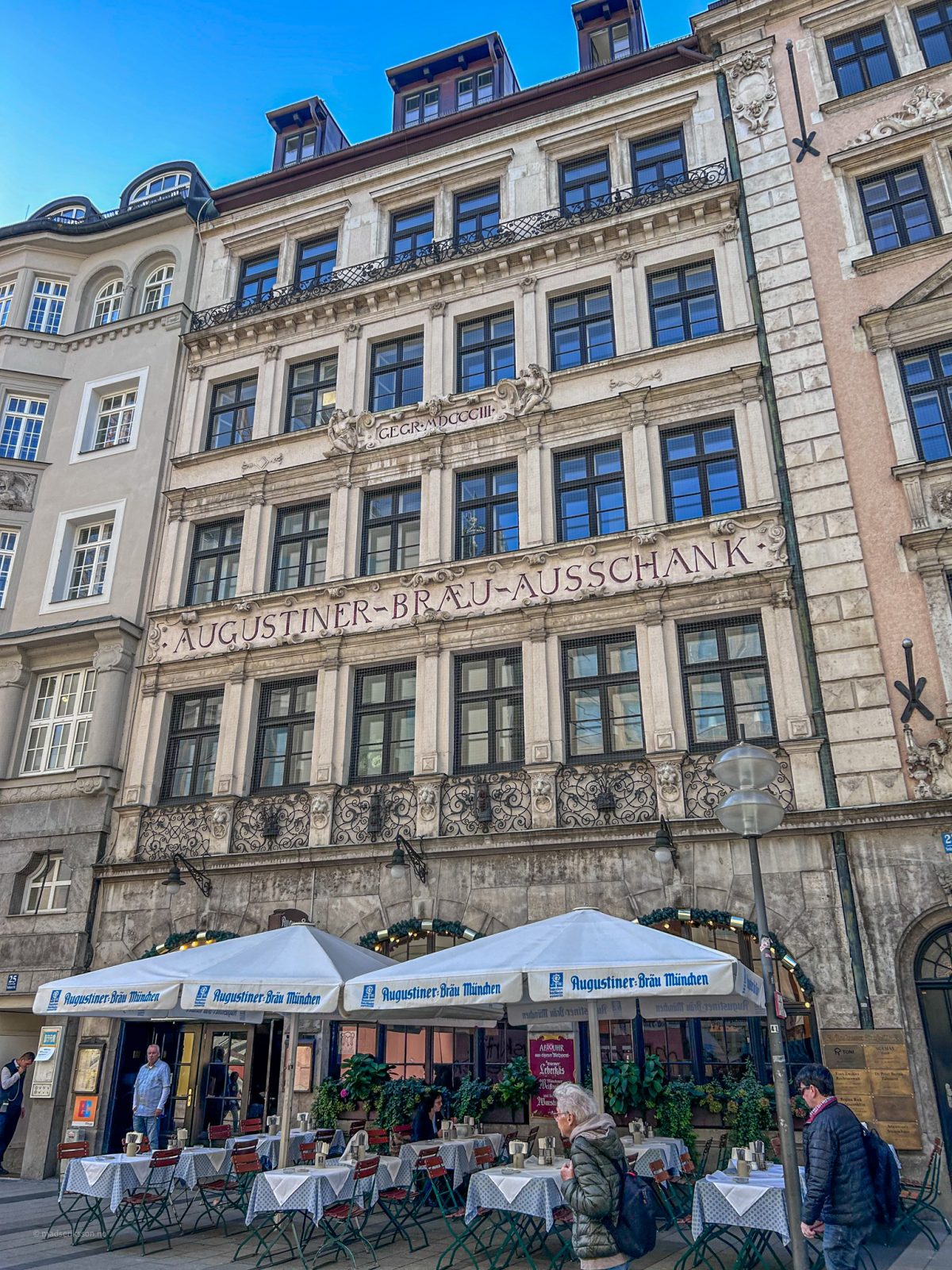
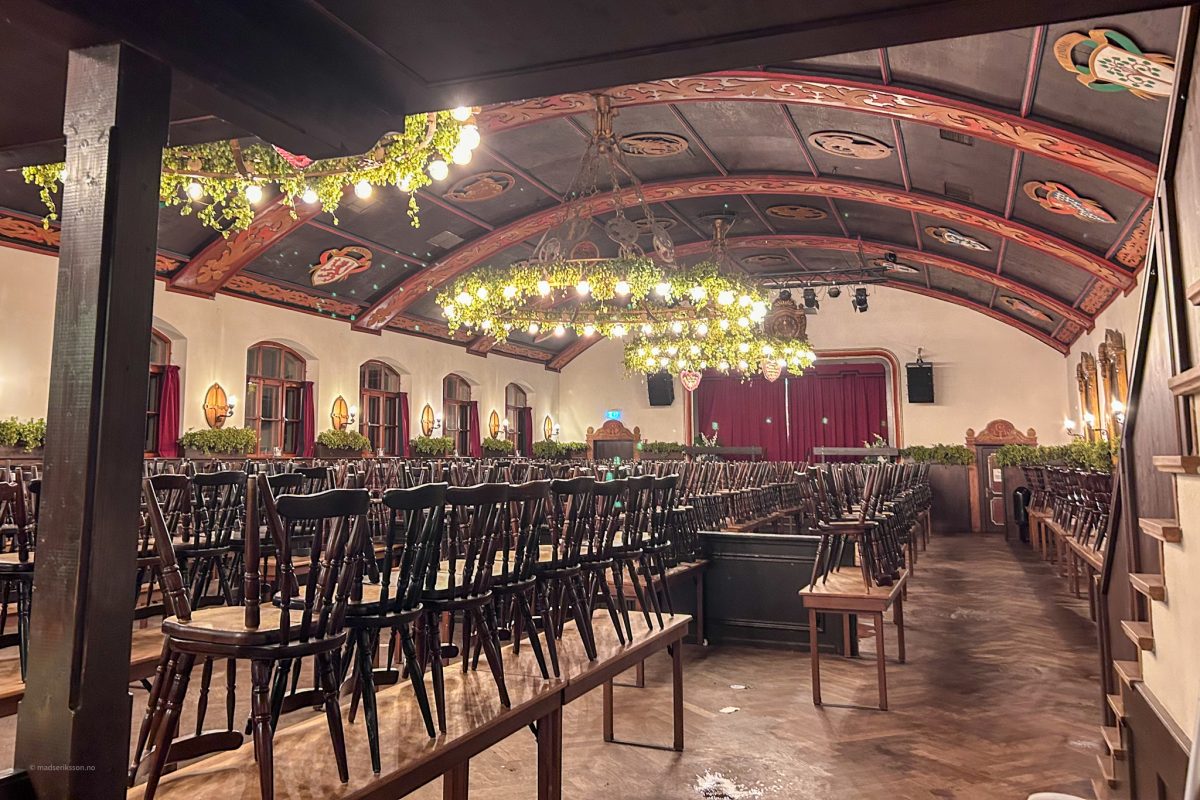
Culinary Delights
No visit to Munich would be complete without indulging in traditional Bavarian cuisine. Famous dishes include pretzels (Brezn), sausages (Wurst), and hearty pork knuckles (Schweinshaxe). Beer plays a central role here too; with countless beer halls such as Hofbräuhaus serving local brews alongside delicious fare—a true taste of Bavarian hospitality!
In autumn, don’t miss Oktoberfest—the world’s largest beer festival! This lively event draws millions who come together to celebrate Bavarian culture through food, music, dancing… and plenty of beer!
Green Spaces & Parks
Amidst urban life lies tranquility within Munich’s green spaces. The sprawling English Garden (Englischer Garten) is larger than New York’s Central Park and offers scenic walking paths along with picturesque lakes perfect for picnicking or paddle boating during warmer months.
Additionally, locals flock to parks like Olympiapark, built for the 1972 Summer Olympics—today offering recreational activities including cycling trails and climbing walls alongside beautiful landscapes.
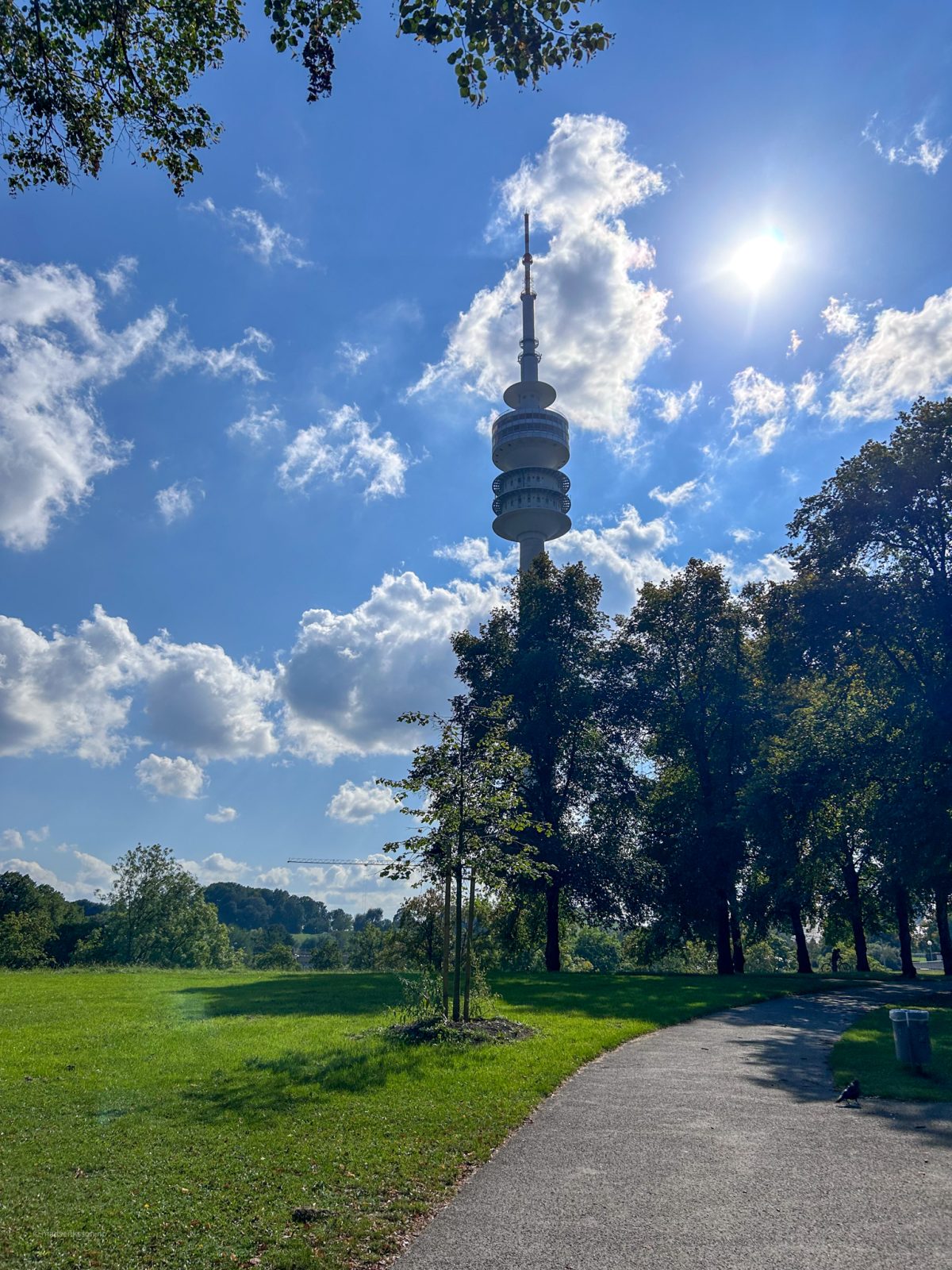

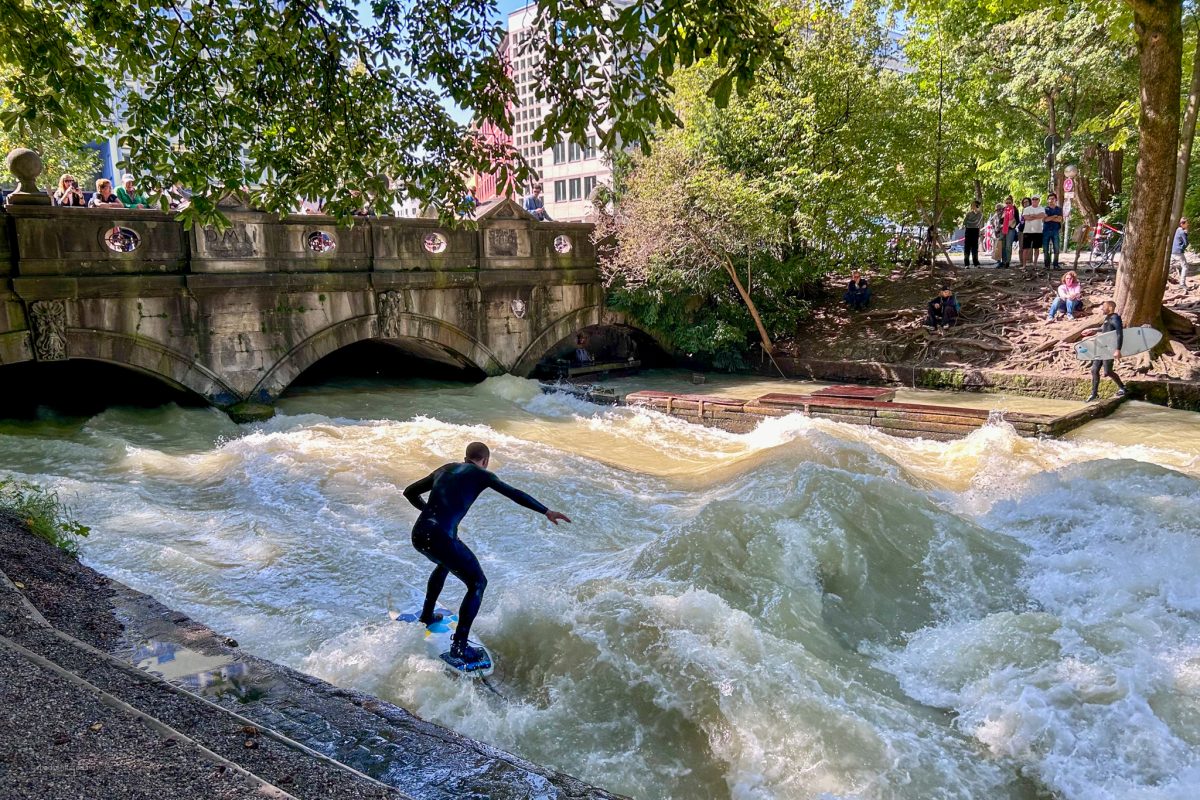
Conclusion
Munich presents an extraordinary blend of history amidst modern living—a tapestry woven from artistic heritage coupled with culinary excellence against a backdrop steeped in tradition. Whether strolling through cobbled streets lined with medieval buildings or enjoying alfresco dining under blooming chestnut trees—as you explore this dynamic city—you’ll undoubtedly discover why so many fall under Munchen’s spell time after time!
